.webp)
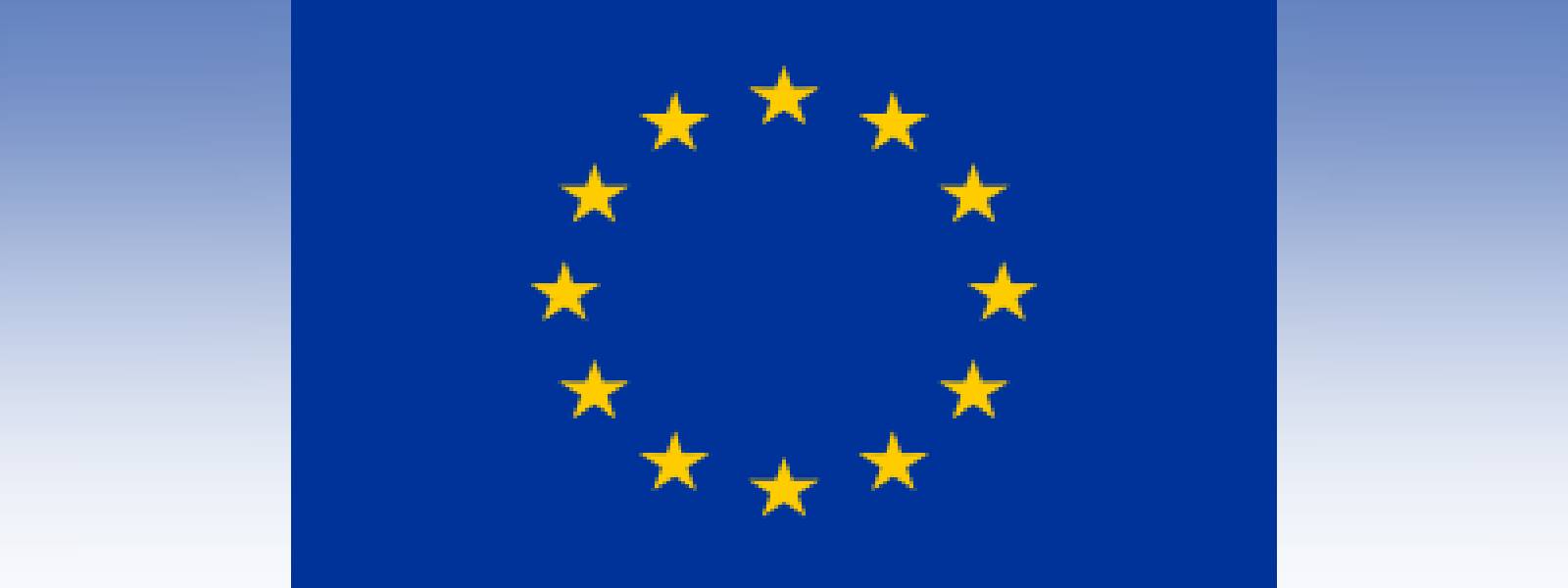
EU wants to lift GSP+ concessions from SL over HR concerns
COLOMBO (News 1st) The EU Parliament on Thursday (10) adopted a resolution calling on the EU Commission to consider a temporary withdrawal of Sri Lanka’s GSP+ status and the benefits
The resolution cited the Government’s persistent failure to adopt and enact human rights reform and repeal the Prevention of Terrorism Act (PTA) as reasons for the resolution.
The Resolution on Sri Lanka was adopted with 628 votes in favour, 15 against and 40 abstentions.
The EU Parliament expressed its deep concern about Sri Lanka’s alarming slide towards a recurrence of grave human rights violations, as described by the most recent UN report on the country.
Members reiterated their strong opposition to the continued application of the controversial Prevention of Terrorism Act (PTA), which grants the country’s police broad powers to search, arrest and detain civilian suspects.
It has led to consistent and well-founded allegations of torture, sexual abuse and forced confessions, added the EU Parliament.
The Resolution adopted by the EU Parliament expressed “grave concern” about arbitrary arrests and detention under the PTA without due process, including for civil society activists, lawyers, writers and poets such as Hejaaz Hizbullah and Ahnaf Jazeem.
The Resolution also noted with concern the detention of Shani Abeysekara, the former Director of the Criminal Investigation Department.
The EU Parliament urged “the Government of Sri Lanka (GoSL) to immediately give those detained a fair trial on valid charges and, if there are no charges, to release them unconditionally.”
Accordingly, by move of a resolution the EU Parliament called on the Sri Lankan authorities to fulfil their pledge to review and repeal the act and replace it with anti-terrorism legislation which follows international best practices.
Sri Lanka regained access to generous EU tariff preferences under the GSP+ on 19 May 2017, on the condition that it replace the PTA and effectively implements 27 international conventions, including on human rights.
MEPs are calling on the European Commission and the European External Action Service to use the GSP+ as leverage to push for progress on Sri Lanka’s human rights obligations.
They also want them to carefully assess whether there is sufficient reason, as a last resort, to initiate a procedure for the temporary withdrawal of Sri Lanka’s GSP+ status.
The resolution noted that the GSP+ scheme offers the incentive of better access to the EU market for the country’s exporters, in return for further progress in fully implementing those conventions.
One of Sri Lanka’s key commitments was to “fully align its counterterrorism legislation with international human rights conventions in order to secure a favourable trading relationship under the GSP+” the Resolution noted.
The Resolution stressed that the GSP+ scheme had offered Sri Lanka a significant economic boost, from which exports to the EU have increased to 2.3 billion euros, making the EU Sri Lanka’s second-largest export market.
Facts & Trade :
On 19 May 2017 the EU granted Sri Lanka better access to the EU for its exports. It did so under the EU's Generalised Scheme of Preferences Plus (GSP+).
These one-way trade preferences will consist of the full removal of duties on 66% of tariff lines, covering a wide array of products including textiles and fisheries.
GSP+ aims at supporting Sri Lanka's economic development through more trade with the EU, as well as contributing to diversifying exports and attracting investment. GSP+ is granted on the condition of Sri Lanka's commitment to ratify and effectively implement 27 international conventions on human rights, labour conditions, protection of the environment and good governance.
As is the case for all GSP+ countries, the removal of customs duties for Sri Lanka will be accompanied by rigorous monitoring of the country's progress in implementing these conventions.
Being able to export more to the EU will help Sri Lanka's economy develop and create more and better jobs for its people.
The EU is Sri Lanka's second-largest trading partner after China and its second main export destination, absorbing 22.4% of Sri Lankan exports in 2020.
In 2020, Sri Lanka was the EU's 69th largest trading partner in goods accounting for 0.1% of EU trade.
Sri Lanka's exports to the EU are dominated by textiles and clothing, accounting for 52.3% of Sri Lanka's total exports to the EU in 2020.
EU27 imports from Sri Lanka have been constantly increasing since 2016 reaching €2 083 million in 2020.
Other Articles
Featured News





.png )
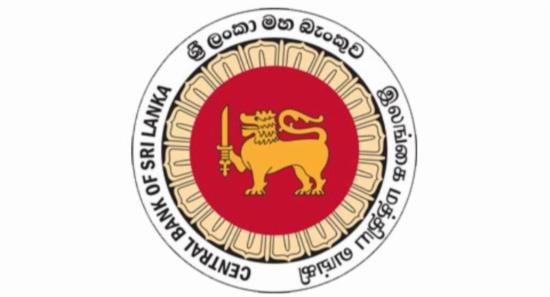
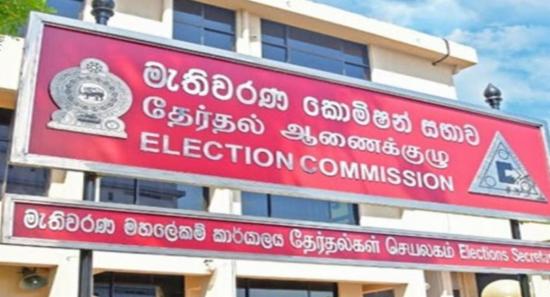
-734424_850x460-774087_550x300.jpg)


-752199-771329_850x460-774067_550x300.jpg)



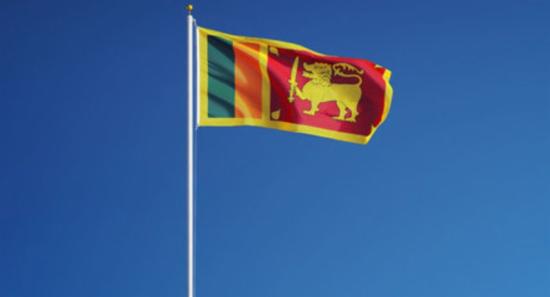
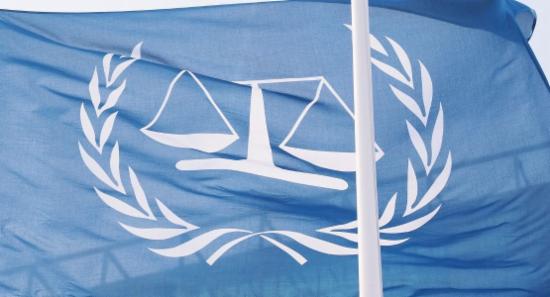
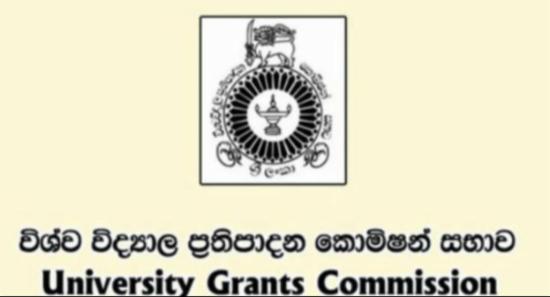
















.gif)